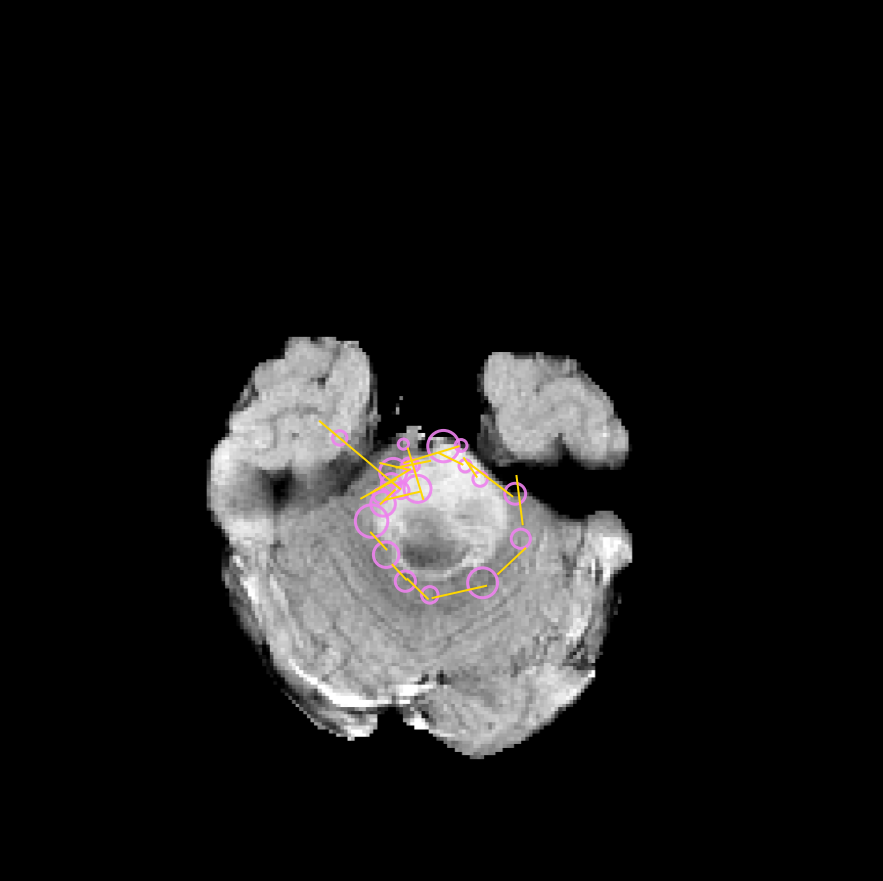Ongoing master projects
These projects are currently in progress
Using Large Language Models with Multimodal Time Series Data for Critical Event Prediction in Intensive Care Units

Student
Sophia Ehlers
external page LinkedIn Sophia Ehlers
Supervisor
Lakmal Meegahapola
Summary
The master thesis explores the potential of Large Language Models (LLMs) to predict critical events in Intensive Care Units, including mortality, acute kidney injury, and sepsis. The research utilizes multimodal time series data from prominent public datasets (HiRID, MIMIC-IV, and eICU) to develop innovative prediction models. The methodology implements specialized techniques including prompt engineering tailored for structured clinical time series data, medical-specific LLM fine-tuning, and comprehensive cross-dataset validation to explore model performance across diverse clinical settings.
Using Large Language Models for Sepsis Prediction on in Intensive Care Units

Student
Jan Berner
external page LinkedIn Jan Berner
Supervisor
Lakmal Meegahapola
Summary
This master’s thesis explores the use of large language models (LLMs) for sepsis prediction in an ICU setting. By converting multimodal time-series data into a text-based format, we aim to enable more personalized and early detection of sepsis. We evaluate this novel approach by benchmarking it against traditional methods to assess whether LLMs can improve predictive accuracy.
Leveraging Eye and Mouse Tracking to Capture Uncertainty in Manual Tumor Segmentation

Student
Nina Baumgartner
external page LinkedIn Nina Baumgartner
Supervisor
Daria Laslo
Summary
Diffuse midline gliomas are aggressive brain tumours, oftentimes with poorly defined boundaries, making both manual and automated segmentation challenging. While uncertainty annotations are increasingly used in AI models, manual segmentations still lack this valuable information. In this thesis, I use eye- and mouse-tracking data from radiologists during tumour outlining to capture segmentation uncertainty passively without adding to their workload. Such uncertainty annotations can enrich downstream applications, including radiomics and radiotherapy planning, by offering a more nuanced view of the tumor's structure.
Assessment of Domain Generalisation Algorithms in Clinical Datasets

Students
Sofie Bolleter, Linus Werren, Tamara Schneider
external page Linkedin Sofie Bolleter
Supervisors
Aspa Vozi, Hugo Madge Leon, Lakmal Meegahapola
Summary
This focus project evaluates the performance of domain generalisation algorithms for sepsis prediction in intensive care units (ICUs). We leverage publicly available ICU time-series datasets (eICU, MIMIC-IV, and HiRID) to develop and analyse predictive models for sepsis onset. A selection of algorithmic approaches are applied to these models and evaluated to assess their generalisation performance across domains (e.g. different countries or institutions). This study aims to provide a comprehensive analysis of these approaches and their effect on sepsis prediction.